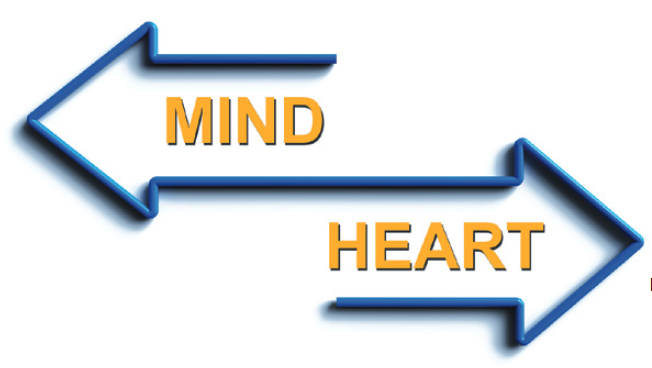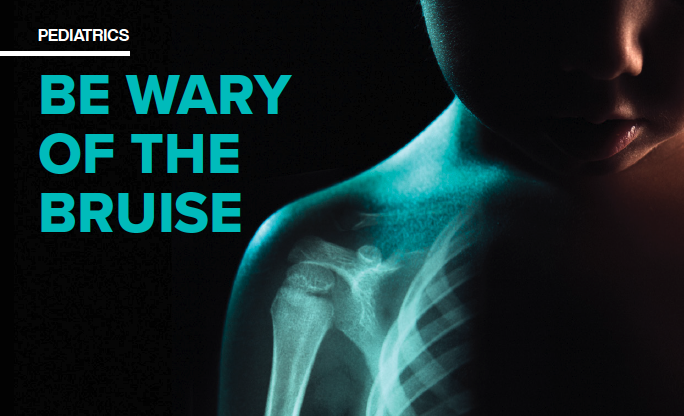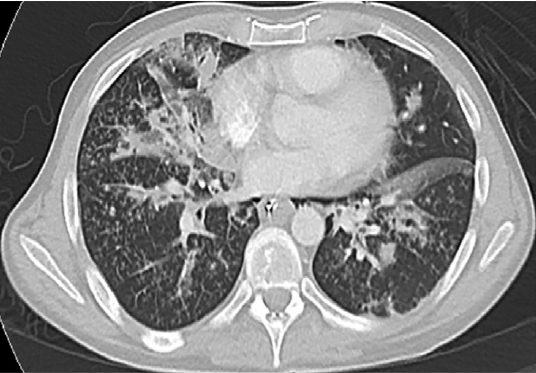Navigating Social Media Use in Emergency Medicine
Adam Goodcoff (@seethemedlife), MSIV, West Virginia School of Osteopathic Medicine
“Resident physician in hot water after post on social media.” Headlines like this are all too common. It’s almost a reflexive response that social media equals bad decisions. But is it all bad? I think the answer is no. But it does raise the question: How should we be using social media?
At the heart of social media is freedom of expression - with a twist of creativity. Guided by character limits and hashtags, the world of social media is one that often alienates traditional academics; sometimes for good reason. With no “peer-review” or editorial committee, users are free to post uninhibited, a thought that can be downright frightening to some.
The rapid expansion of free open access medical education, or “FOAMed,” in social media over the last few years poses a unique challenge. How does a governing body like the American College of Emergency Physicians (ACEP) encourage appropriate use of social media without stifling the creativity which is central to those platforms.
This is a question the new ACEP Social Media Section sets out to answer. Founded this year by Dr. Poonam Desai (@doctoranddancer), a social media icon in her own right and an EM attending and director of social media for EM at New York Presbyterian Queens, along with other impactful FOAMed social media users, the goals of the section are simple:
- Determine what is appropriate use of social media, establish guidelines, and add to current ACEP guidelines;
- Encourage research and academic pursuit on the impact social media has on medicine and public health;
- Advocate for the creators, the industry-designed term for a social media user who creates content.
In the section’s first meeting, attendees voiced concern over the “knee-jerk” reactions of programs and hospital systems to social media use, asking for guidelines to protect physicians' ability to post appropriate content. There was discussion about HIPAA violations and suggestions to avoid such issues, as well as talk over how the social media space could be regulated given its unique character. Dr. Shuhan He (@emergencydoctors) voiced support for the continued use of social media for academic pursuits, reminding the group of the numerous publications discussing and supporting FOAMed use on Twitter.
Dr. Erin Boyd (@er.doc.mom) of Tallahassee Memorial Hospital voiced her support for social media both inside and outside of the hospital. She credits social media as a key player in reduction of physician burnout, a sentiment felt by many of the other members at the meeting: “Knowing that others feel the same way I do, experience the same issues I do, really helps”. Medical students at the meeting also shared support for content created by other medical students and residents ranging from helpful strategies to succeed in EM clerkships to study tips for board exams.
Social media is here to stay and it has become evident that EM physicians, residents and medical students have valuable content to add to the mix. What is still unclear is how best to protect, improve and grow that digital space in the years to come. Dr. Desai hopes to have the section off the ground and in full operation by ACEP 2020. If you are interested in learning more about the Social Media Section or you would like to get involved, please feel free to reach out to either Dr. Desai or myself to be added to our section.
Related Content



Jun 11, 2021
Pulmonary Manifestations Following IV Injection of Crushed Suboxone: A Case of Excipient Lung Disease
Include excipient lung disease (ELD) in the differential diagnosis when evaluating and treating a patient with a history of intravenous drug use presenting with respiratory failure and typical findings on chest imaging.




